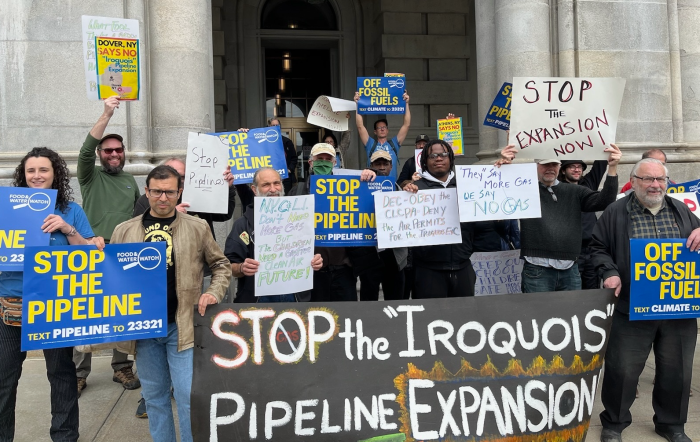An independent United Nations expert has called on the Haitian government to develop a coordinated plan of action on human rights and a framework on the rule of law.
Michel Forst, the Independent Expert on the situation of human rights in Haiti, said on March 13 that while positive changes are “coming very slowly, there is a strong expectation from Haitians to see improvements.
“There is a need to have a strategy, there is a need also for each of the ministers to understand that they have a piece of the puzzle of the rule of law,” he said.
Forst, who has made 12 visits to the earthquake-ravaged, French-speaking Caribbean country, was expected to present his findings to the U.N. Human Rights Council in Geneva, Switzerland on Mar. 20.
“The international community has done a lot to improve the situation,” he said, noting that the rubble has been removed from the streets and official buildings and homes that have been rebuilt.
“But still a lot of people live in camps in very difficult situations with no access to water or sanitation,” Forst recounted on his last visit that began on Mar. 2.
“Access to food is very difficult,” he added. “It is very difficult for families as well to bring children to school.”
Forst said the 2010 earthquake, as well as Hurricanes Isaac and Sandy, has put the country in a “very difficult situation,” adding that there is a need for the key stakeholders – including the international community – to push forward.
“It is a big challenge not only for the national authorities but also the international community to move ahead, to bring the stability that the country needs to make sure that people have decent access to the basic rights,” he said.
Forst urged an inspection of how schools are run, saying that children leave after years of schooling without knowing how to read or write because teachers are not properly trained.
“A lot of effort has been put into the country, but it will take years to make sure all children have access to education,” he said, adding that education must be tackled on a “human-rights based approach.”
The U.N. said independent experts are appointed by the Human Rights Council to examine and report back, in an unpaid capacity, on specific human rights themes.














